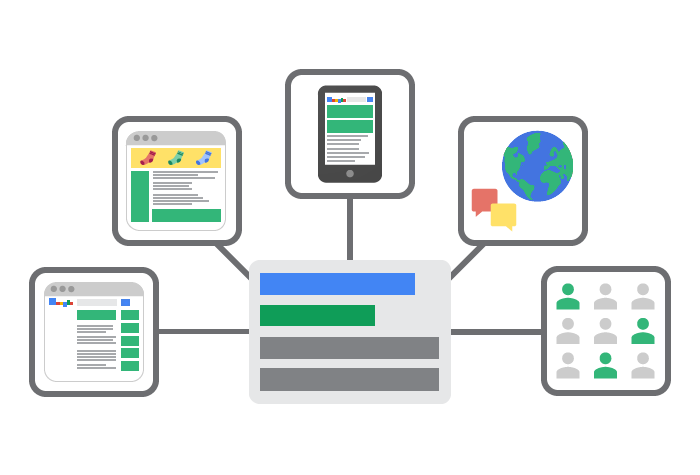If you are one the many small businesses operating in a niche market online today, then you are probably wondering just how you can compete for those highly lucrative, but extraordinarily competitive, keyword terms. For example, if you are working in the fields of insurance, loans or mortgages, how do you compete against major players who can bid keywords in these markets to $40 or $50, or even higher?
It is not easy but, using the lending market as an example, here are 4 things you can do to gain some competitive advantage:
1. Recognize your position in the game. Although you can certainly compete against the major players for terms such as ‘loans’, you have to recognize the fact that, while you are both in the game, you have to adopt very different tactics. Everybody and his dog is going to be competing for a broad term like ‘loans’, and those that make it onto the first page of results are going to get a lot of clicks simply because of the weight of traffic, even if they only scrape in to the last spot for the listing. Because of the broad nature of the search term, however, that traffic is not going to be as qualified as you would like, and that means that it is not going to convert as well as you would hope, and the cost of converting it is going to be high.
Against this background, you must do your calculations carefully, and work out just how much you can afford to pay for this broader traffic. Because of the high volume, you may well find that leaving the top few spots to the big boys, and competing for a spot a little lower down the ranking, will still bring you enough traffic, but will do so at a price that you can afford.
2. Run a series of small PPC campaigns. Instead of putting all of your keywords into a single large PPC campaign, split them out into a series of smaller campaigns. Trying to mix broad keywords, such as ‘loans’, with far more targeted keywords, like ‘bank loans for students’, will simply push your overall advertising cost up and drag your CTR down. Broader keywords will increase the number of impressions you receive, but these will be accompanied by a relatively low CTR, that pulls your overall CTR lower. Splitting your keyword into small and very closely related groups will push your CTR up, but will also bring down costs, not least because it is far easier to achieve high quality scores with very targeted keyword groups, and thus attract lower advertising rates.
3. Be different. One thing you will notice when you look at the ad copy for highly competitive, broad keywords is just how similar most of the ads appear. If you are going to be noticed, then your ad has got to stand out from the crowd, and that means you have to be creative. Forget about using such things as dynamic keyword insertion for your ad titles, and write your own copy so that it is aimed directly at your target audience, and does not look like the ads it will be appearing alongside.
Remember too that PPC also provides you with an opportunity to put your company’s name, or its brand, in front of your target audience. This means also thinking carefully about the URL to use in your ad so that, even if you do not get a click, you will still have flashed your name in front of another visitor.
4. Think mobile. Many people are still steering clear of mobile marketing, either because they feel they have their hands full with marketing to desktop users, or because they do not yet understand the new features that Google is rolling out for advertising on mobile platforms. The mobile market continues to grow rapidly and, right now, you have an opportunity to go after keywords with less competition on mobile platforms, and often with higher CTRs and lower CPCs. Even if you are not yet ready to take your web site mobile, you can still take advantage of this advertising platform to get your name in front of your target audience.
PPC advertising can be fiercely competitive, and many of the larger players can afford to throw money at it in a manner which most small business can only dream about. Nonetheless, with a little thought, and a sound advertising strategy and plan, there is no reason at all why the smaller players should not take on the giants, and beat them at their own game.
PPC: How to Compete with the Big Players




